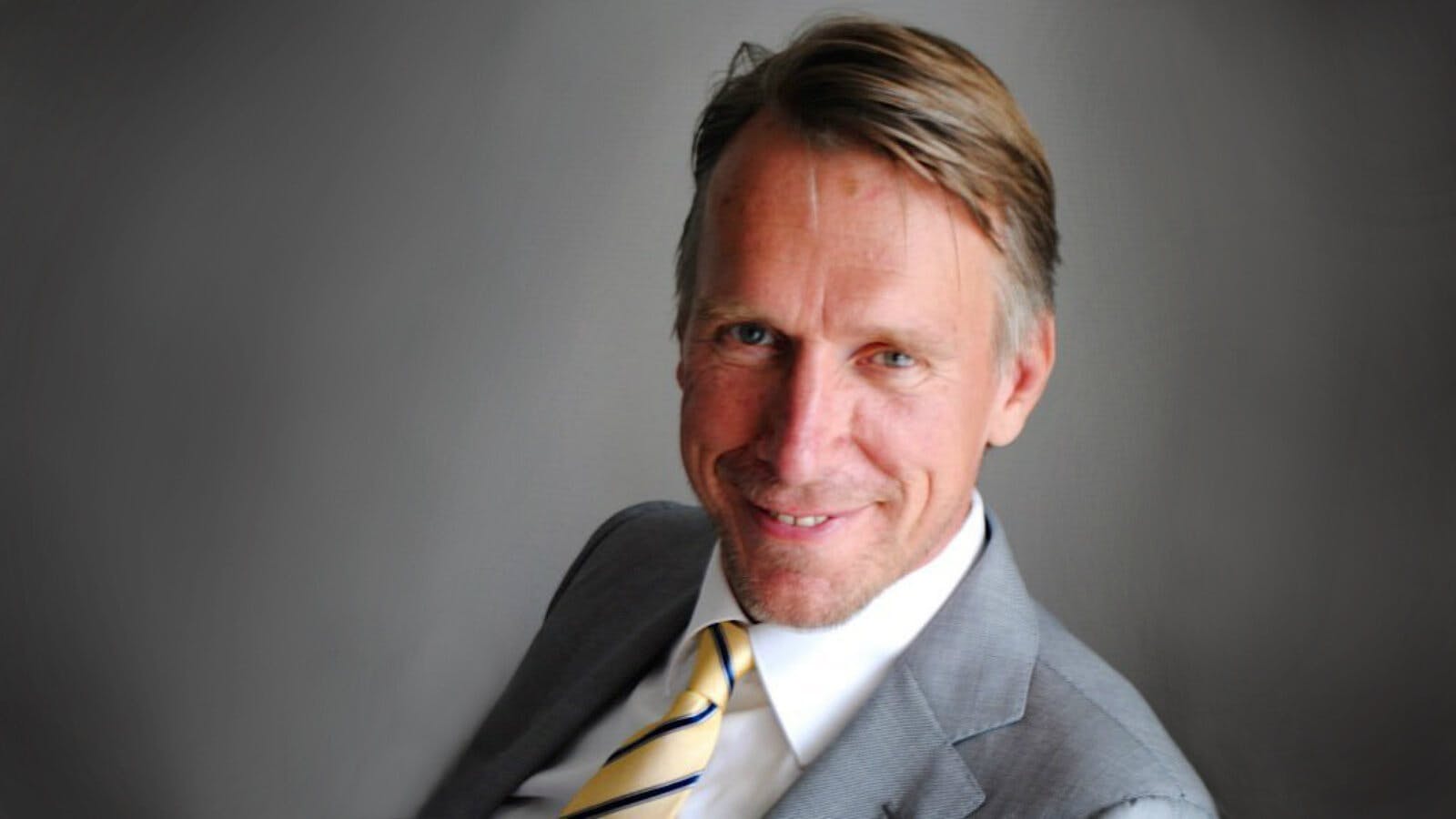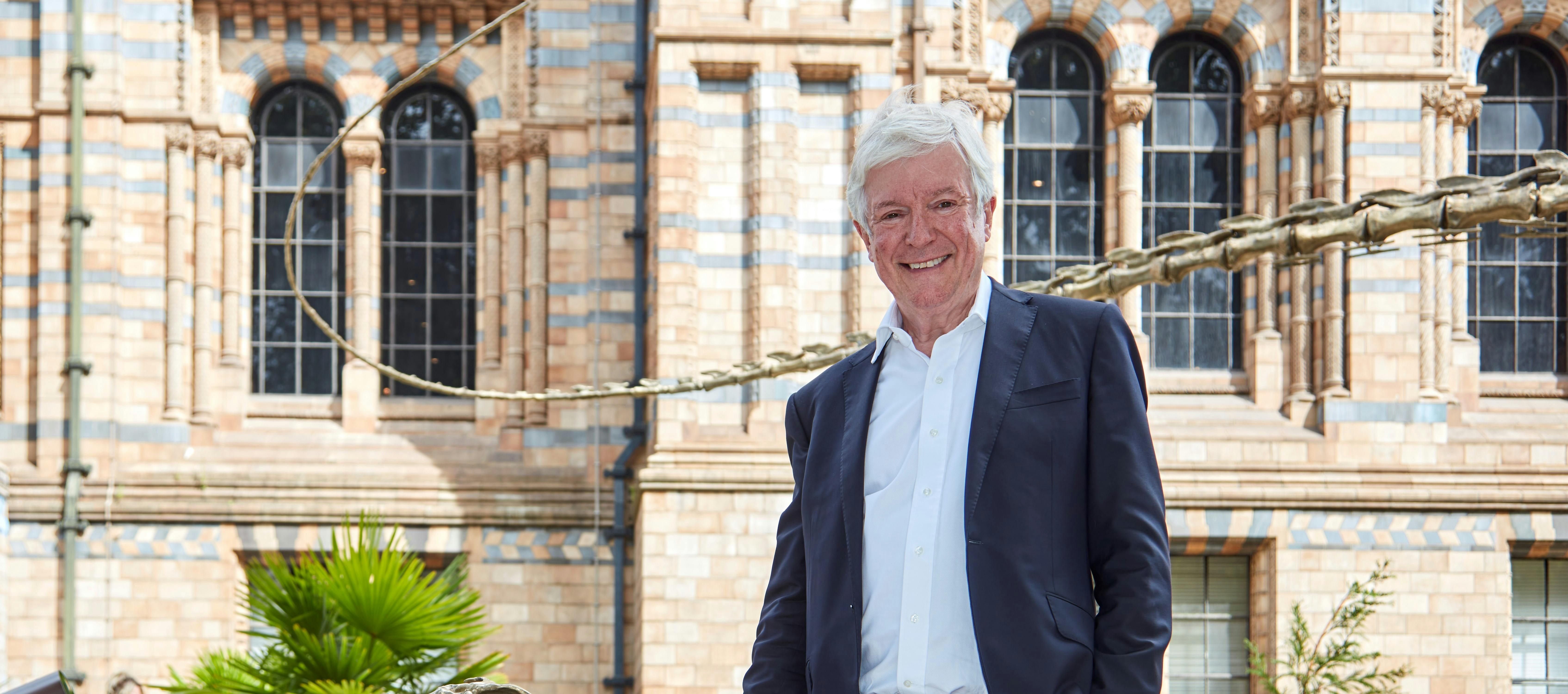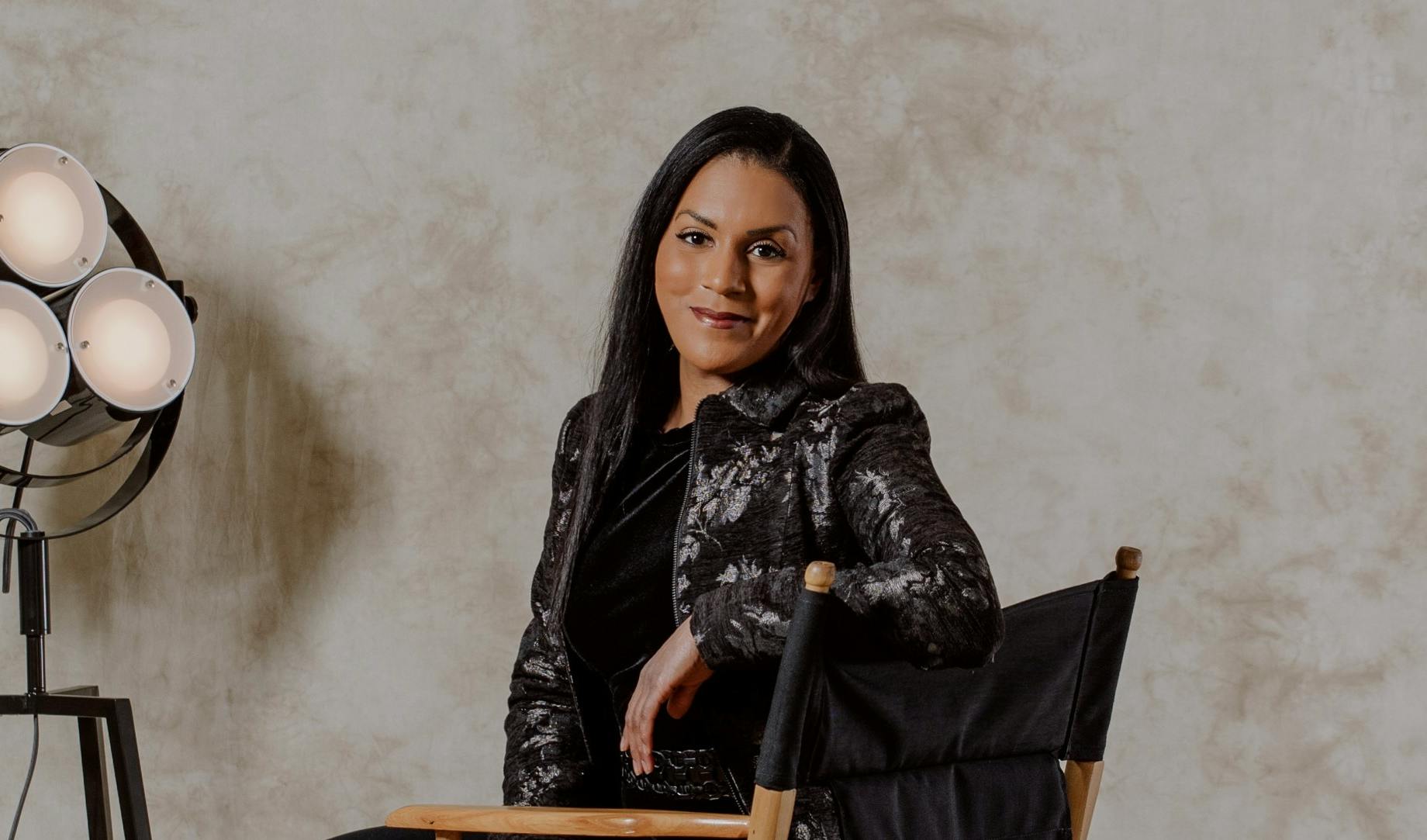
Energy guru Peter Molengraaf, on why boards should get serious about investing in renewable energy
Renewable energy will soon be cheaper than that generated by fossil fuels, says Peter Molengraaf - and this will have profound implications for the industry and the environment.
Peter Molengraaf is a leading expert in the field of renewable energy, digitalisation and energy transition. In addition to his role as a green investor, he sits on the board for three different energy companies as a Non-Executive Director, including; Vopak, the Netherlands global oil storage company, Alliander, the largest Dutch Regional grid operator for electricity and natural gas infrastructure and Kema, a global energy consultancy company. Peter is also a Supervisory Board Member for the Kadaster, a Dutch equivalent of the UK land registry and has recently been appointed as Advisory Board Member for Reactive Technologies via Nurole. Here he shares his insights on why boards should invest in renewable energy, the challenges facing the sector, what needs to be done to mitigate climate change and his concerns over the rising income inequality around the world.
What does Reactive Technologies do?
We’re a renewable grids company. One of our main propositions focuses on measuring reactive power – this means local renewable sources which are feeding into the grid. These are becoming more and more important with increasing decentralised power generation and you really need to manage, plan and measure these inputs. Doing so helps you maintain power grid stability and ensures that your grid services can be forecasted and purchased economically.Why did you move from traditional energy to renewables?
Within a few years, I expect renewable energy to be cheaper than conventional energy in most locations. This will be particularly true of electricity – so, say wind-generated electricity will be less expensive than electricity generated from coal or natural gas-fired power plants. This means if you want to invest, you’d better invest in renewable energy sources and also in the equipment and the software systems that are necessary to run an energy system with an increasing share of renewables.
What are the challenges with renewable energy?
The obvious one is that the supply is not always there when you want it – for example, solar at night or wind on a calm day. Therefore, you have to interconnect power grids across large geographies in order to balance the weather in different locations. This is the Holy Grail. We also need to find efficient storage solutions for renewable energy. How that will work is still an open question for me. Battery storage in electric cars and in stand-alone batteries will be part of short term storage (such as buffering power overnight). But we also need long term and seasonal storage. An example of this is pumped hydro-power in mountain reservoirs. There’s also heat storage which normally uses hot water – and converting electricity to hydrogen or synthetic fuels.
To what extent can renewables mitigate climate change?
If we really want to tackle climate change, we need to do more than just plan renewable energy systems. Rather, we also need to remove some of the carbon dioxides that we’ve already put into the environment. There are some obvious things we can do such as reforestation. I think also we probably need to do more on the C02 capturing and re-use more than we’re currently planning.
Apart from green energy what technology do you think will change the world the most?
I continue to be amazed by what we can do with digitalisation and computing technology in all its shapes and forms. I think it’s difficult to imagine what these technologies will do for businesses, for transactions and for services in the next decade. To take an obvious example, I can do a week without cash already, easily, in the Netherlands. In ten years’ time, who knows?
What are the main differences between your Non-Executive Director and Executive Director roles?
I have a few Non-Executive roles. As well as Reactive, there’s Vopak in the Netherlands which is a global oil storage company, two more energy companies and the Kadaster [Dutch land registry]. I think the responsibilities are pretty similar. However, the role itself is quite different. Your first job is to ensure that there’s a good executive management team and that they have good relationships with all the stakeholders. There’s also ensuring continuity and stability in terms of resource and financial resources. Finally, there’s a lot of questioning and challenging.
What other goals should the world be working towards?
I think income needs to be much more equally divided. Many factors in our society, in terms of capital, technology and education are actually increasing income inequality. If we want a stable planet, we have to work harder to ensure fairness in both developed and developing countries.
If you could have your career again, what would you be doing now?
I’m not sure I would end up so differently. I really enjoy being able to put my professional knowledge and experience into something that is helping sustainable development goals and to create a better world. This is something that inspires me now and would inspire me if I had to start again.
Tell us about your experience with Nurole.
I was invited to join by a very good friend of mine. What I found interesting was how much the process was driven by technology. You put in your application and, before you know it, you have an interview. The matchmaking and the preselection, I believe, are all done based on my data and background which are either held on Nurole’s platform or available on the Internet. From application to the interview the process was almost invisible.
What do you do to relax?
Various fitness activities. I live on the seashore in the Netherlands - there are a few kilometres of a national park down the street, so the obvious choice for us is to walk and to cycle.
Give us one piece of advice.
Never postpone anything you’d really like to do.
If you are looking for non-executive director roles, Nurole's innovative recruitment platform can help.





